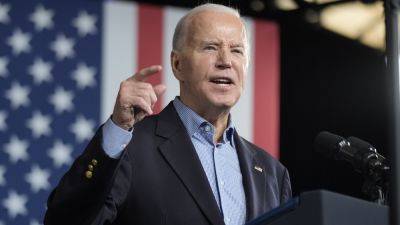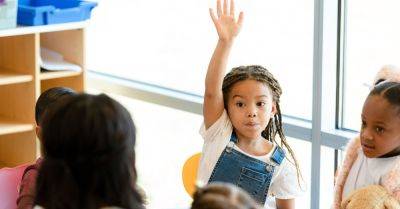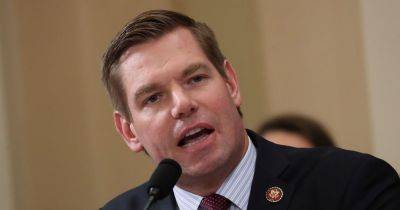6 Habits To Avoid If You Don't Want To Spoil Your Kids
Parents don’t set out to raise spoiled children, but we do care for them from the time that they are helpless infants, and this can launch us into habits that involve doing lots of things for them. But as children grow, we need to ensure that they are doing more for themselves, and not expecting you — or anyone else — to cater to every one of their needs.
Some object to the idea of labeling children “spoiled.” They aren’t fruit to be tossed away, after all, and it is their behaviors, not who they are, that we don’t approve of. “Children behave in the ways they are taught,” Jeff Yoo, a licensed therapist at Moment of Clarity Health Center, told HuffPost. “I don’t like to label any kid with a negative,” he continued.
Yet we know that’s it not good for kids to always get what they want. “Spoiled tends to reference privileges, often without a sense of them being earned or that they’re taken for granted. We also think of spoiled children as lacking empathy,” Matt Lundquist, a psychotherapist in New York City, explained to HuffPost.
We want our children to be able to get along with others, share, show respect to adults, understand that their behavior has consequences and not assume that they will always get their way. To encourage these attitudes and behaviors instead of “spoiled” ones, we asked experts which habits parents should avoid. Here’s what they had to say.
1. Making excuses or apologizing on behalf of children.
It makes sense for a parent to mention that a fussy baby or toddler is overtired because they missed a nap, but as kids’ get older they should be held accountable for their behavior, even if they’re having a bad day. Lundquist recommended that parents neither make excuses for children being unkind or







